Goodness is a Social Construct
There is no such thing as pure good, just like we can’t speak of pure evil. In today’s world, where honesty and goodness are considered as “concepts” rather than behavior patterns, we rethink the perception of visible good and visible evil inside of a situation. Netflix’s new release “10 Days of a Good Man” is the first movie of a trilogy, adapted from Mehmet Eroğlu’s novels of the same name, and it urges us to question these values that are disappearing over time. We are with Nejat İşler, the leading actor of the movie that asks “How possible is it to remain a good and clean person in pursuit of justice?”, and also with İlayda Akdoğan and İlayda Alişan, both accompanying him through his journey between being loyal and being fair, while asking ourselves again; “How good am I for real?”
How does the concept of goodness project in you?
Nejat İşler: Distant lands. I’ve lived through a part of the 70’s. Back then “goodness” was essential to us. Now it is only asked as a “concept”. I’ve told this many times, now let me say it again; we are going through time when goodness stands for folly. I have seen another world. I’m missing it.
İlayda Alişan: It is difficult to fit goodness into a single meaning but as a feeling, the best explanation can be keeping my inner peace through the things I do or the situations I’m involved in.
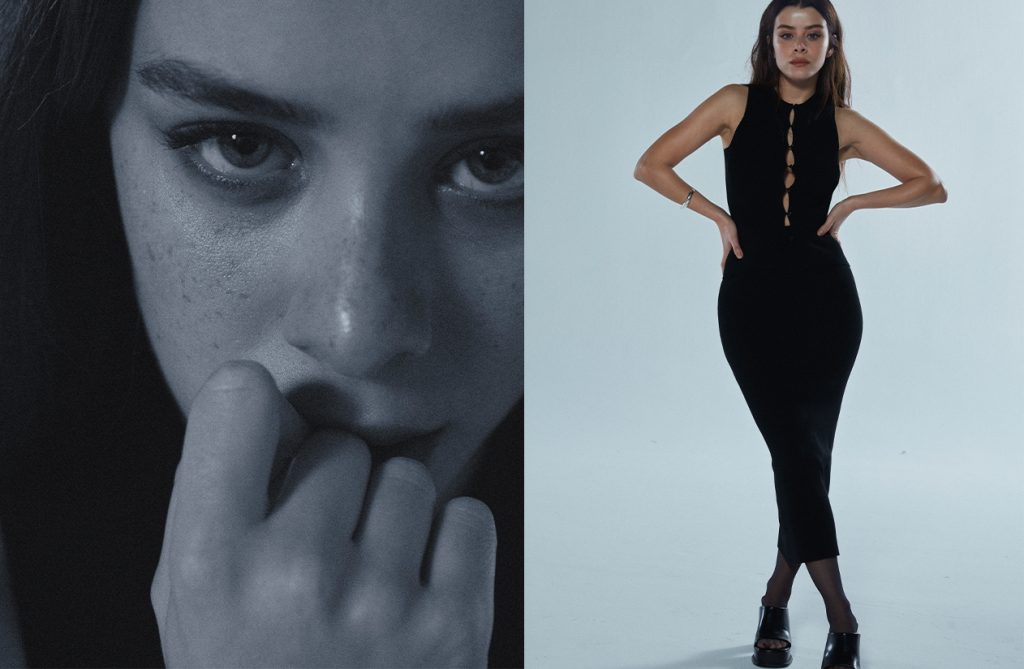
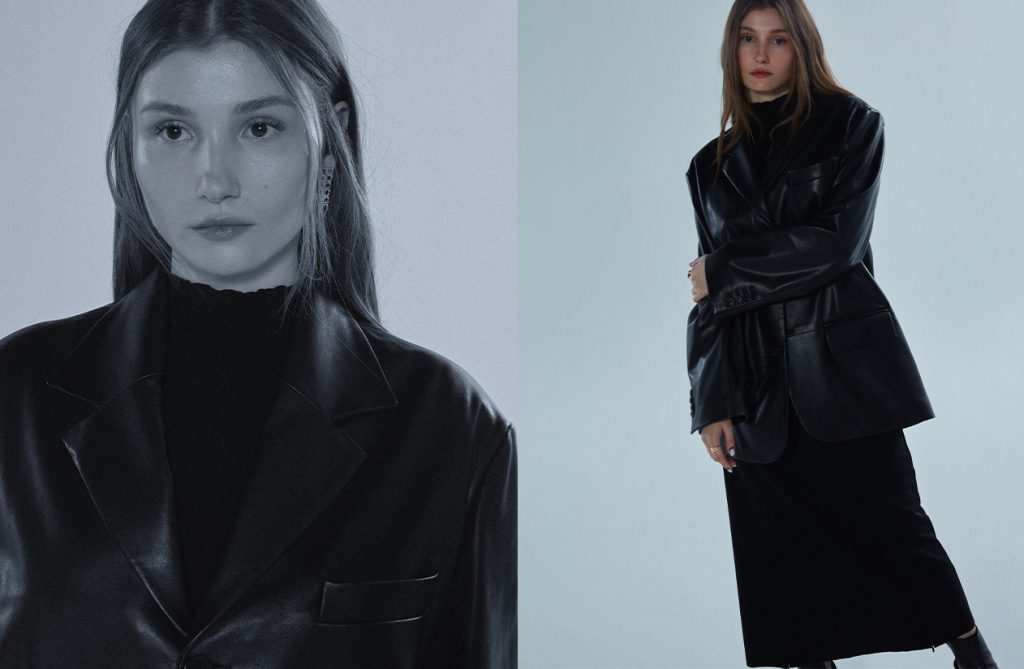
İlayda Akdoğan: Goodness is a relative concept. I think a person’s notions of good and bad are shaped through life experiences. Nobody’s notion of goodness is the same because everybody has the capacity to classify something that doesn’t comply with their own ethical and moral values as bad.
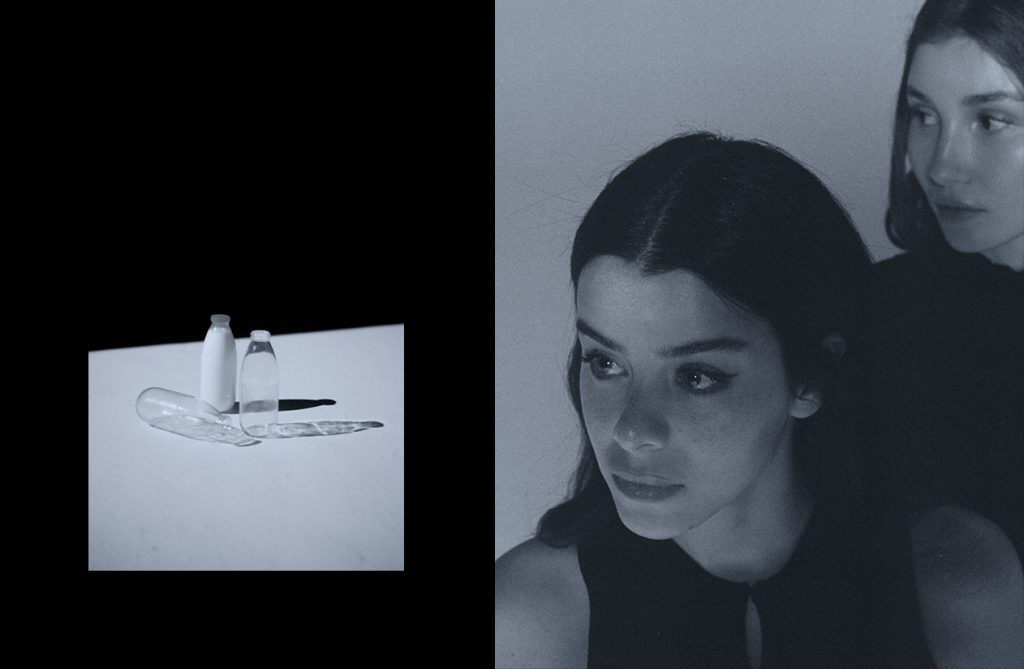
Let’s get back to the time when you’ve read the script of 10 Days of a Good Man. How did you feel?
Nejat İşler: Eroğlu was an author I liked in the first place. We have also shot another of his novels, 9.75. I think we worked neatly at that. When the same team brought another Mehmet Eroğlu, I jumped aboard without giving it much of a thought.
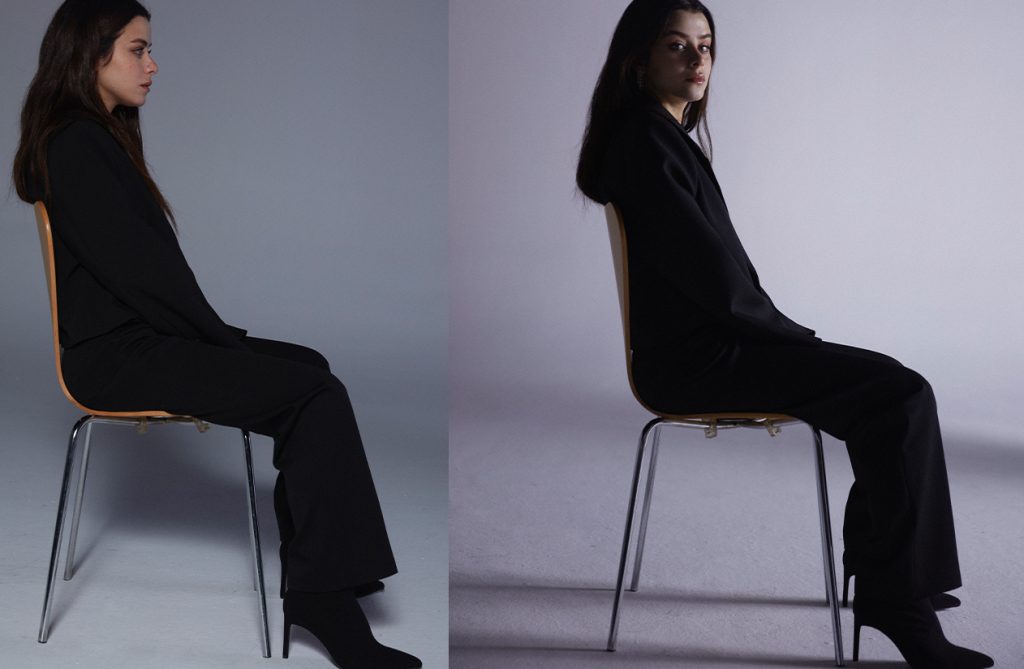
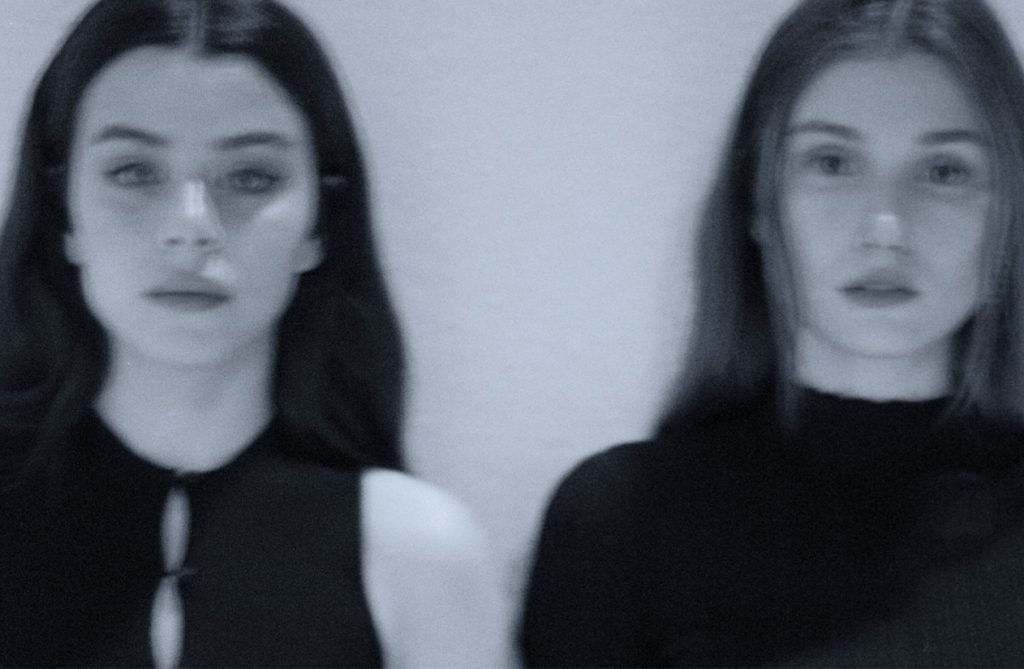
İlayda Akdoğan: A project that excited me from the first glance. It is a wonderful feeling to be a part of a trilogy, having the audience witness the character development. In 10 Days of a Good Man, there is a Pınar who had to struggle with life from an early age, looking for a comfortable place for herself in this system, trying to rewrite her destiny. Her relationship with Sadık, the character-based perceptions of goodness and the originality of the project impressed me very much. Pınar is my favorite character to play so far!
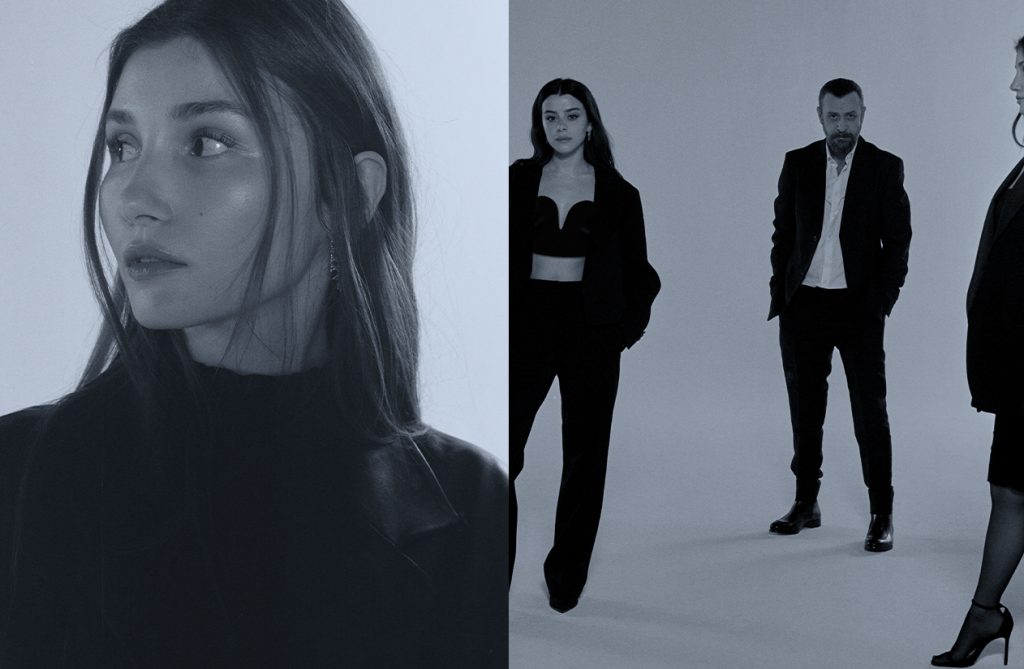
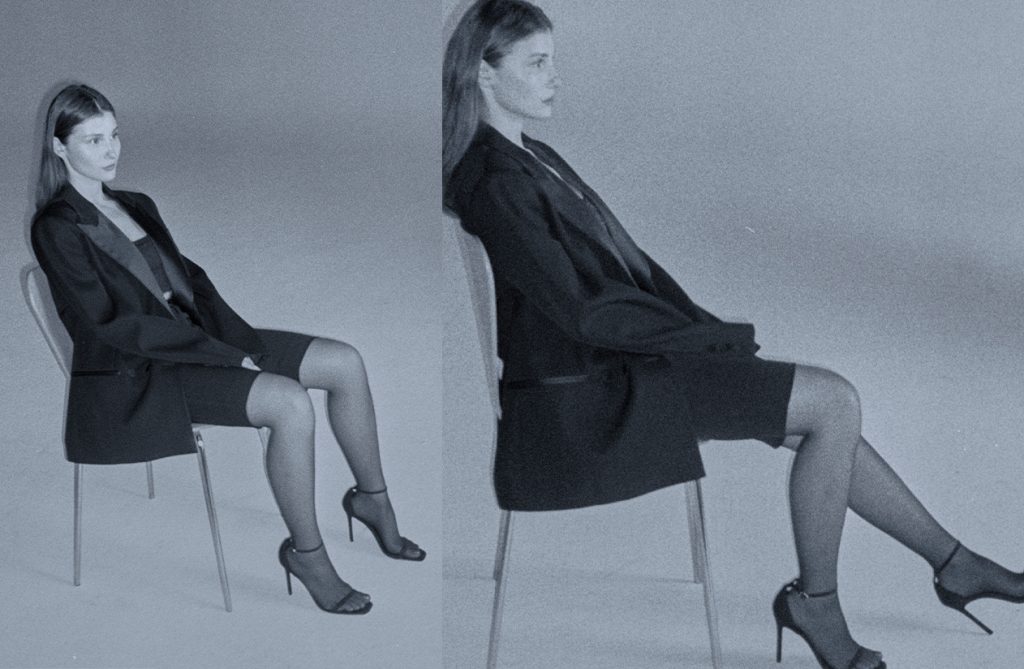
”Nothing and no one is completely good or bad, just more prone to one side. ”
– İlayda Akdoğan
İlayda Alişan: I was incredibly fascinated by the idea of an ordinary person turning bad in 10 days. I was so excited.
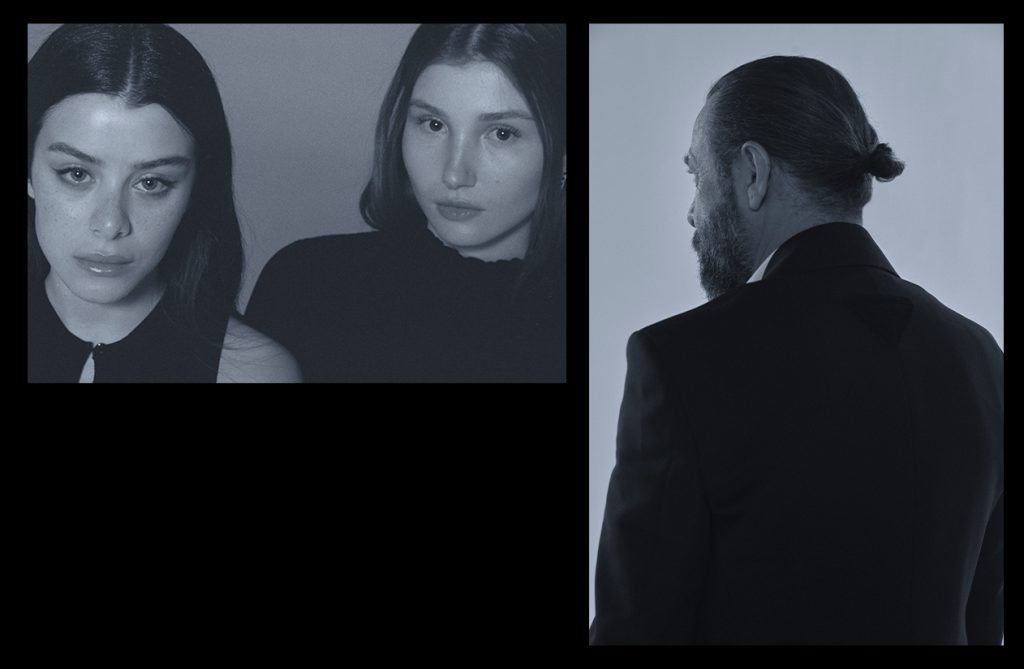
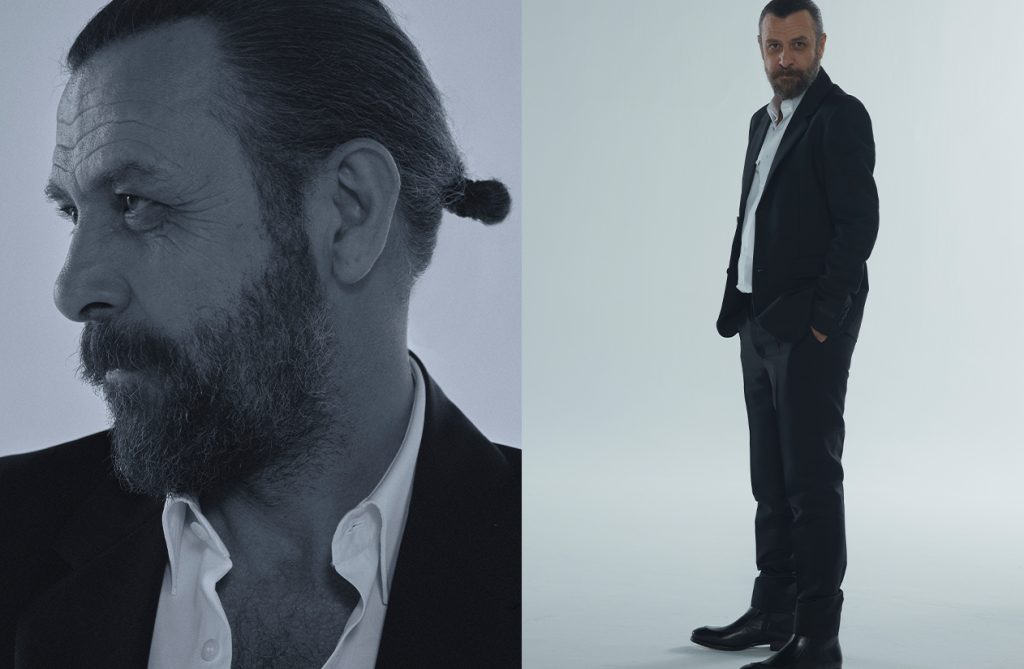
What kind of a life cycle do you need to pursue in order to “stay honest” and “see the honesty”?
Nejat İşler: I don’t know you but I feel like you think that honesty and kindness are outdated “concepts”. At least, your environment dictates it. You’re not alone. Trust in cliches, they are the accumulation of centuries. “The good always prevails.” Try your honesty with animals and children. Those who are uncontaminated can provide an answer.
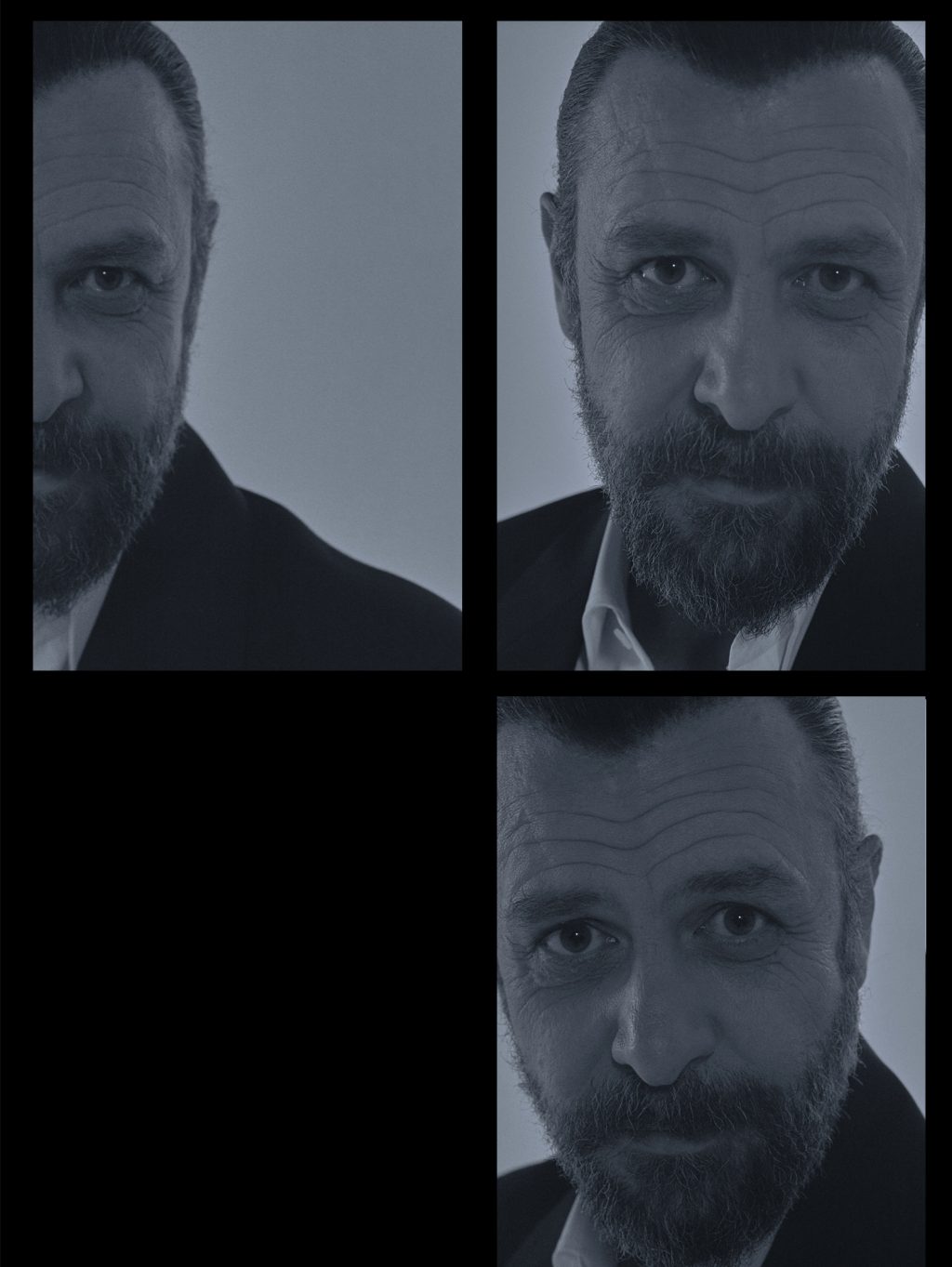
” I’ve lived through a part of the 70’s. Back then “goodness” was essential to us. Now it is only asked as a “concept”. I’ve told this many times, now let me say it again; we are going through time when goodness stands for folly. I have seen another world. I’m missing it. “
– Nejat İşler
Which emotional state is worth standing up against everything and struggling?
Nejat İşler: Injustice.
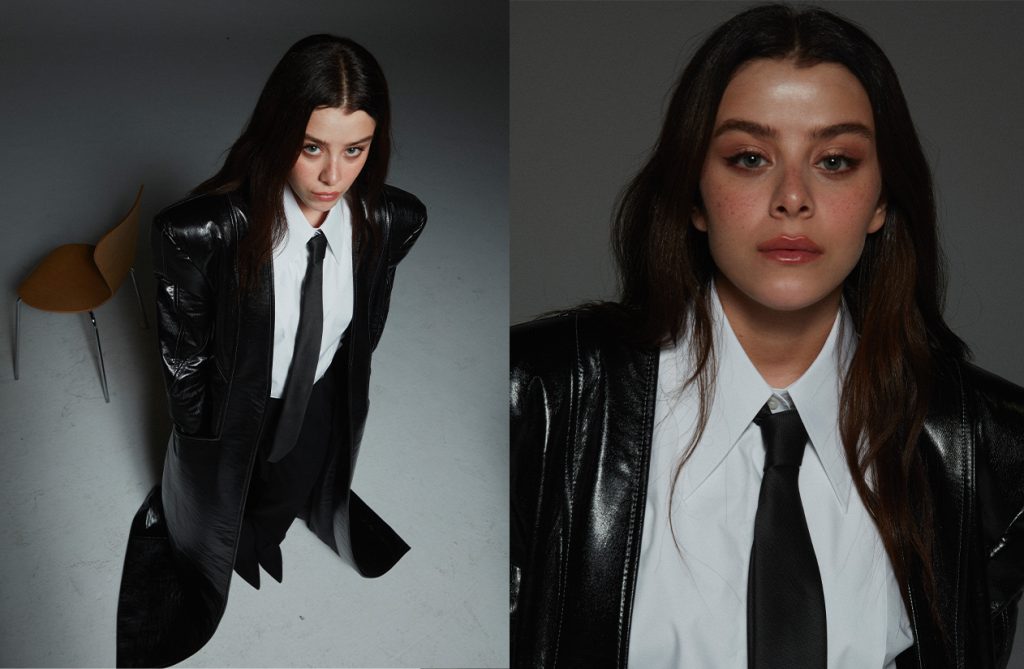
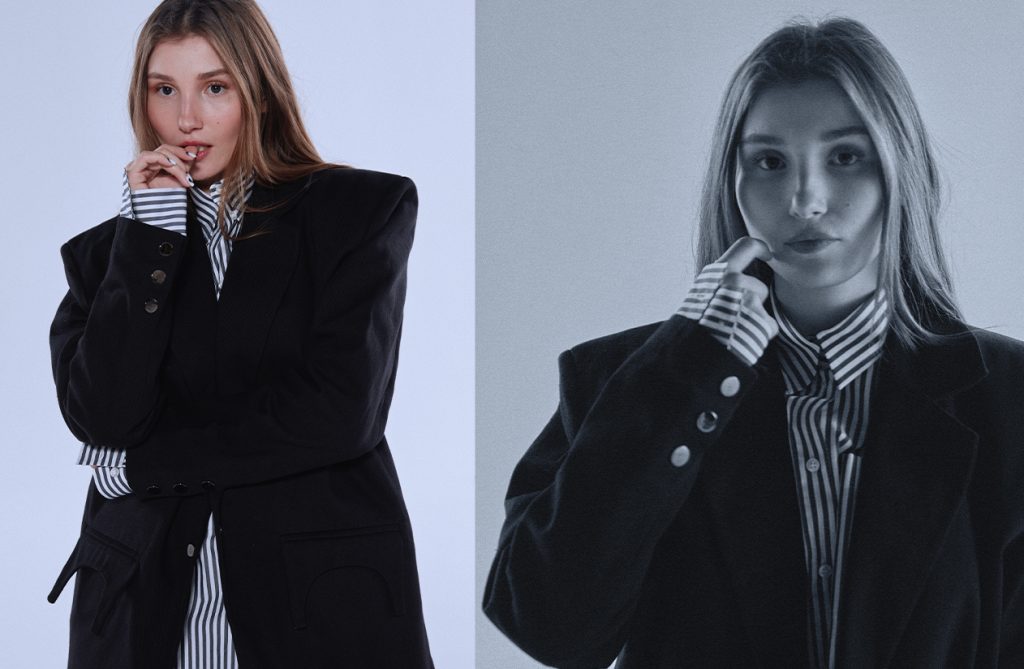
“Let the good be yours, leave the evil to us.” After the movie, this was the sentence that was engraved in our minds. Are there moments that bring you to this emotional state individually? How do you get out of it?
İlayda Akdoğan: Actually, Pınar is someone who tries to find solutions in her own way to adapt to where she is. Her tactics may be ethically questionable but the situation she’s in pushed her towards this. I think this is an example from the lives of all of us. Sometimes the events we experience force us to choose between good and evil. When feeling in limbo like this, I personally try to empathize in order to react in a way that I won’t regret.
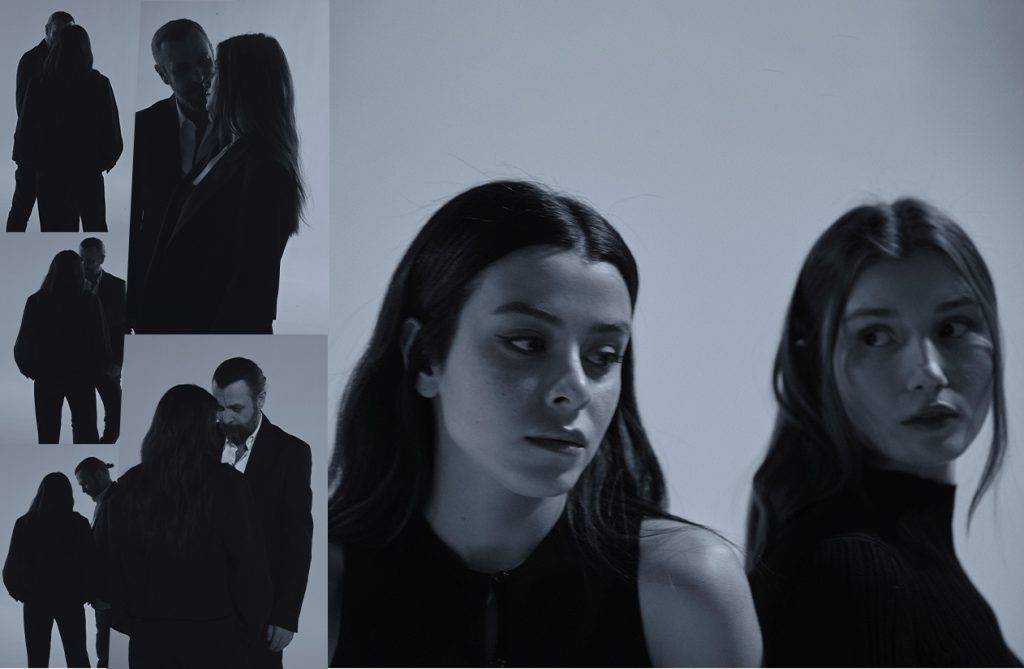
Are good and evil siblings?
Nejat İşler: Someone who appears good may have done a lot of evil. Someone who looks evil may have done so much good.
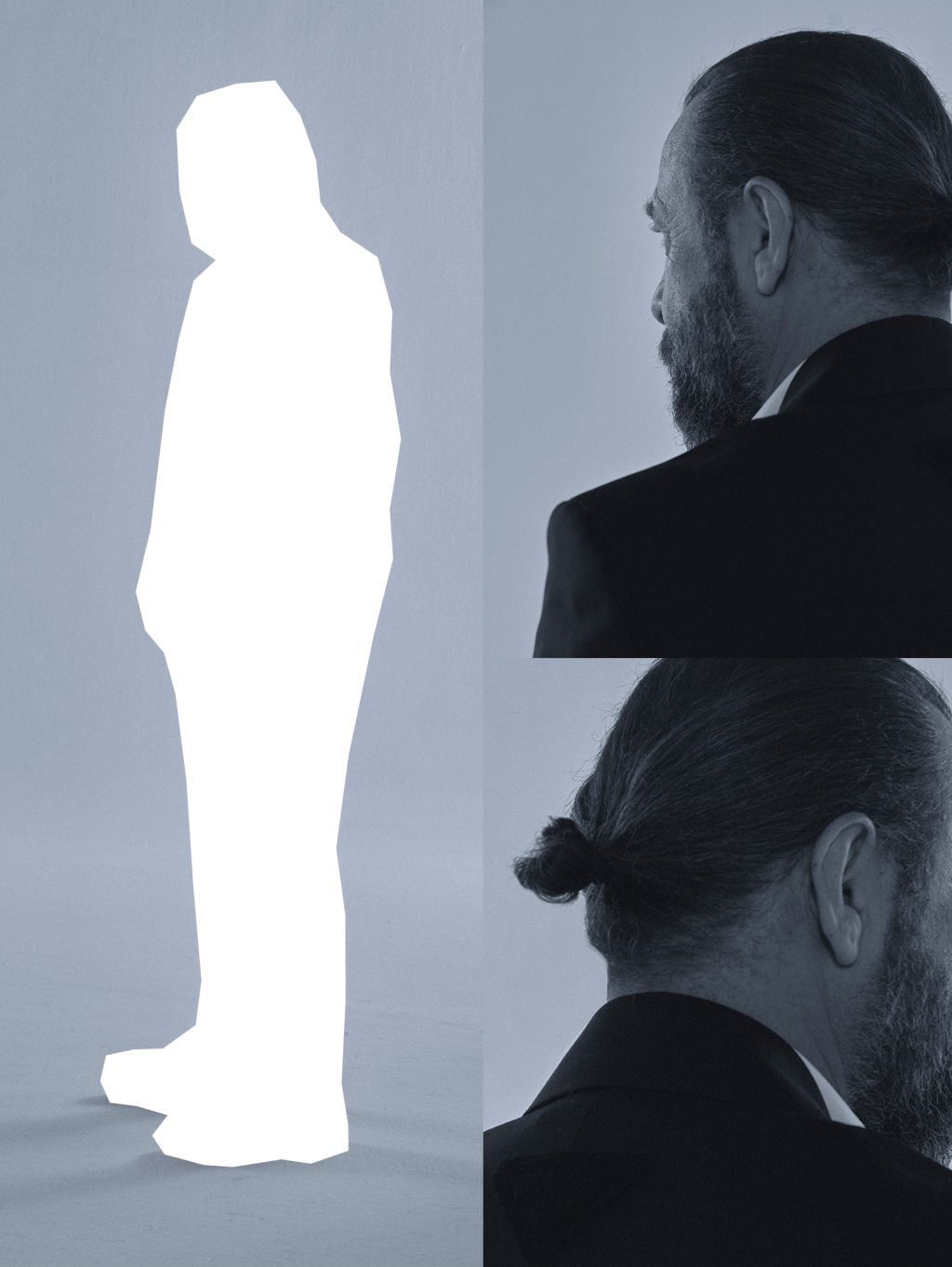
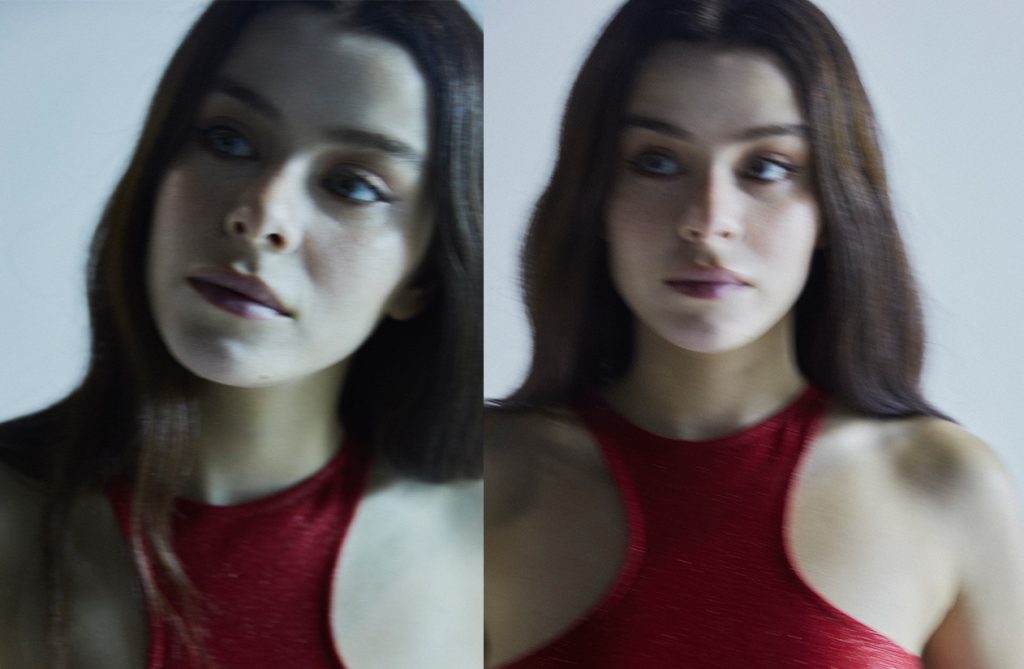
İlayda Akdoğan: It is impossible for one to exist without the other. Nothing and no one is completely good or bad, just more prone to one side.
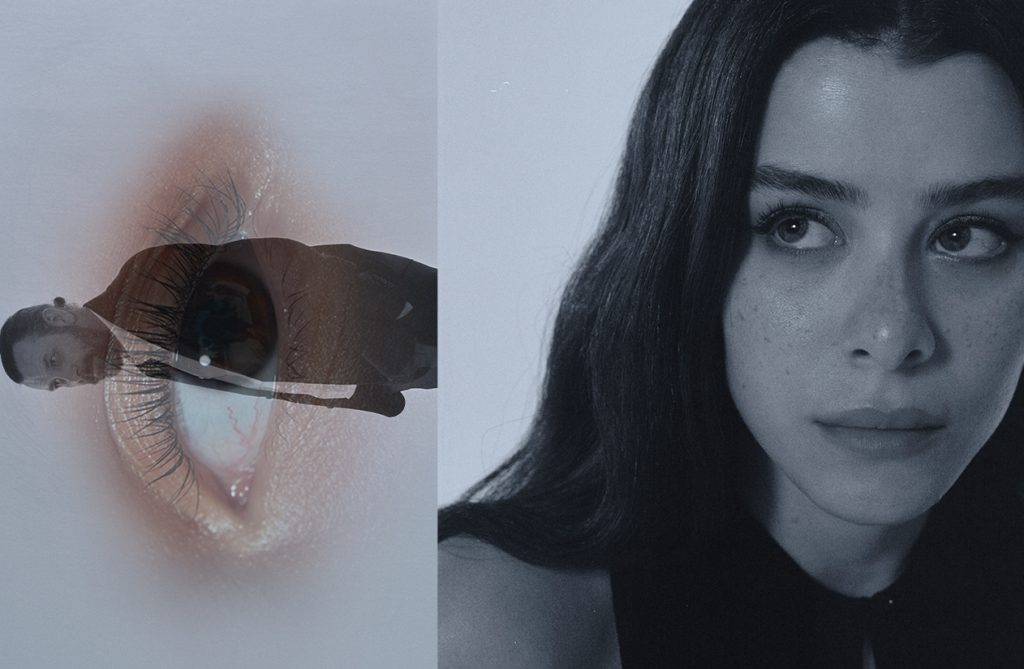
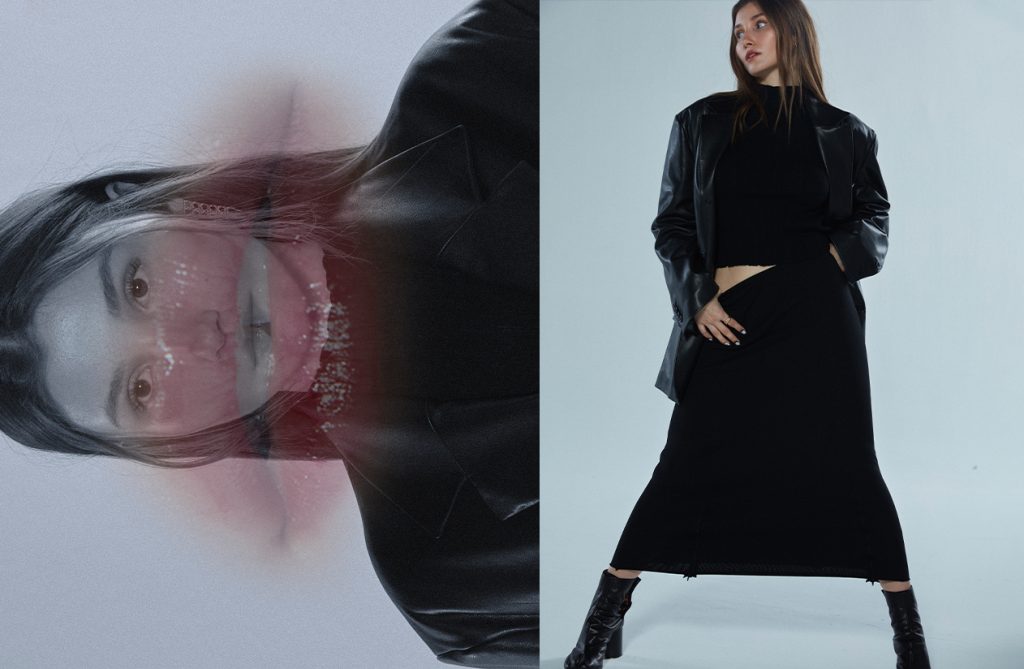
İlayda Alişan: I think the concepts of good and evil have a fine line between them. A decision you make for your own good can affect someone else badly and they can perceive it as evil, or a step you’ve taken for the good of someone you love and value can cause you to make a bad decision. In this sense, good and evil are both closely intertwined but also quite distant from one another. There can be no pure good or pure evil. People hold both of them inside. In fact, we go through this challenging test every day, if you think about it. We are forced to make choices everyday. We struggle to stay good every day. Being bad or doing evil is very easy, it’s a very simple choice. Effortless… However, in order to be a good person, it is necessary to put up a serious fight while being exposed to negative external factors in your life. You fight to stay good, to be a good person. If you can sleep in your bed at night feeling peaceful and happy, it means that goodness prevailed that day but tomorrow a new challenge awaits. It is like a never ending evaluation. They don’t look like siblings to me, only they have a fine line between them. It is only necessary to cross the border to evolve from one to the other.
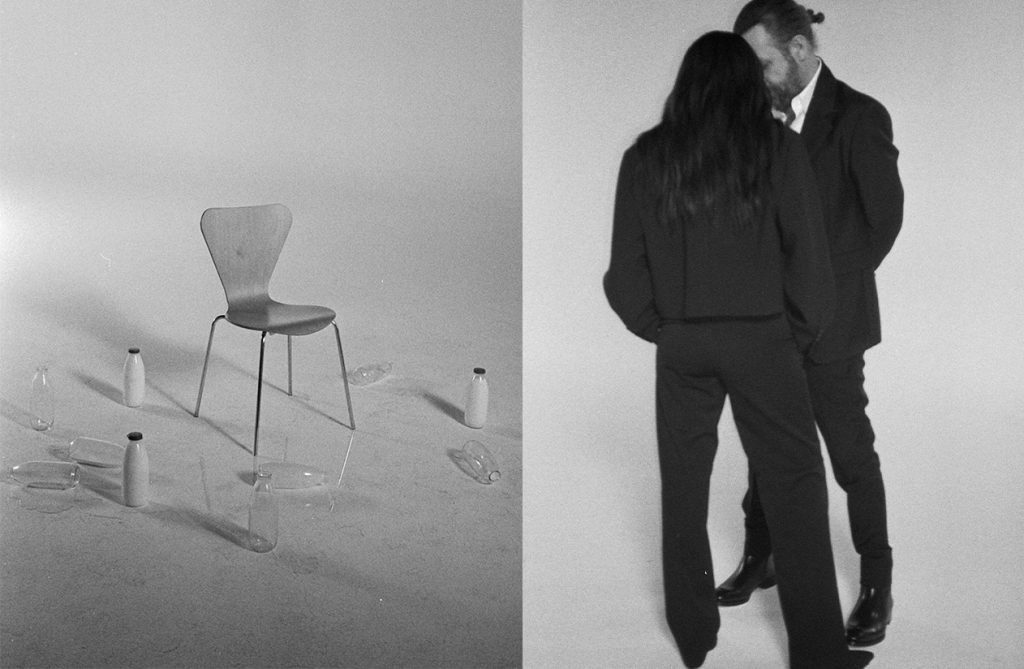
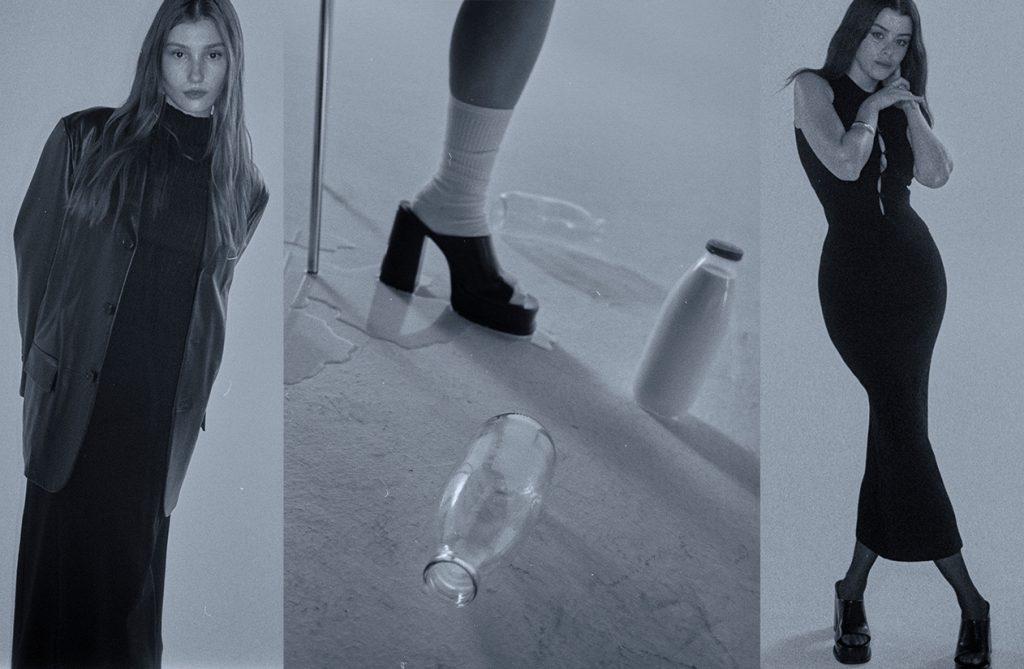
Is everything permissible when a good man seeks justice? Does evil for a cause not count?
Nejat İşler: Some undesirable paths can be taken in order to achieve justice. That’s why the modern understanding of justice has vindications such as “appeal” and “exoneration”. Of course when it’s actually processed.
Which one would you choose? To be loyal or fair?
Nejat İşler: To be loyal is like having a blind confidence. I’d choose to be fair. To the best of my ability.
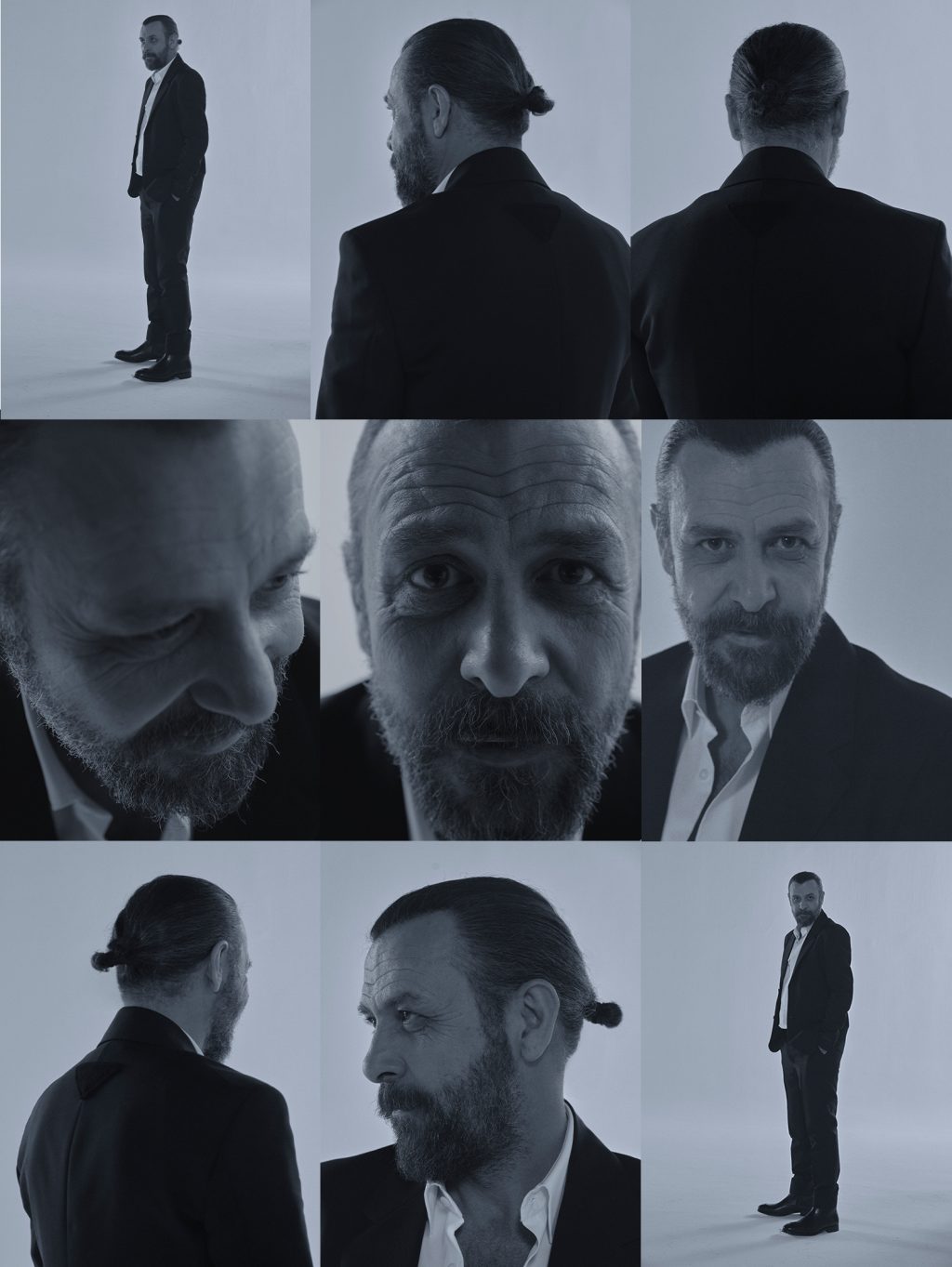
Have you had the opportunity to read the novel? How does book adaptations affect you as an actor?
İlayda Alişan: Not only actors but everybody shoots a film of the novel they read in their minds. They envision… the atmosphere, the characters, their appearances, clothing, the spaces. They watch when they read, feel when they watch, get attached to a character when they feel and make the novel special for themselves. They make it their own. However, most viewers are disappointed after watching the movie of the novel they read. Because they can’t correlate the movie they imagined and shot within their minds with what they watch. The reason for this is that each reading individual uses their own unique, particular creativity while imagining. Just like a director interpreting a story… We all have different interpretations. The novel we read is the product of imagination of an author, the movie we watch is the interpretation of a director. As for me, I am looking for the atmosphere of the novel I am reading, the sincerity in the dialogues, the emotional bonds and conflicts between the characters… How the director imagined and interpreted what the author presented to me, how the actors, the art director, the wardrobe team, the lighting and camera crew achieved it… This work is an ensemble. The author tells a story and the director shares his or her dream with the crew. This story and dream meets the audience. If another team filmed the same story, a different dream and interpretation would spring. What I care about is if the movie can offer me what the author did. If it achieves that, I would leave the movie theater as a happy reader and viewer.
” We are forced to make choices everyday. We struggle to stay good every day. Being bad or doing evil is very easy, it’s a very simple choice. Effortless… However, in order to be a good person, it is necessary to put up a serious fight while being exposed to negative external factors in your life.
– İlayda Alişan
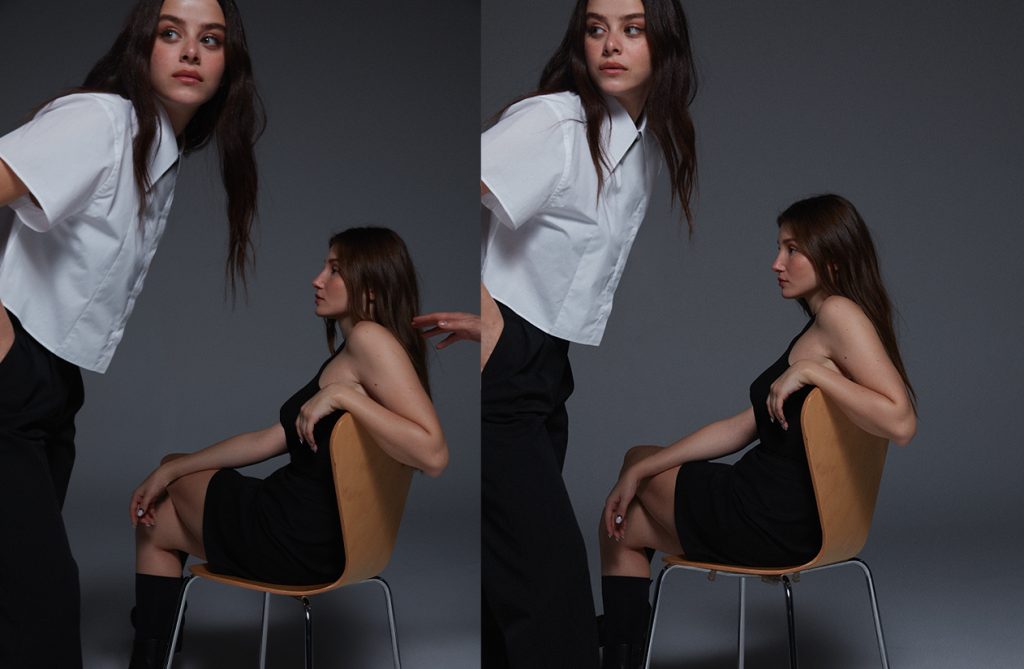
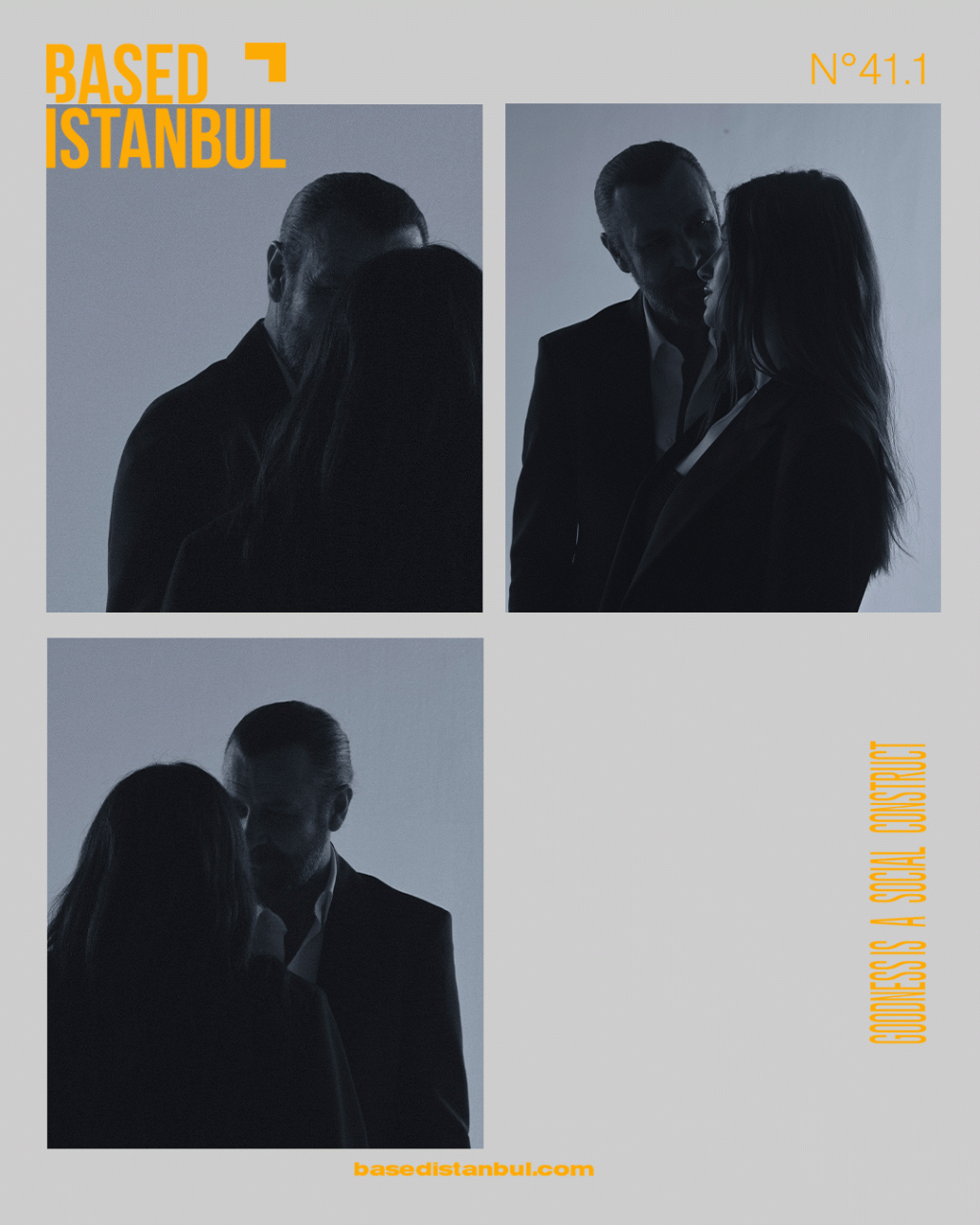
Talents Nejat İşler, İlayda Alişan, İlayda Akdoğan
Creative Direction & Interview by Duygu Bengi
Fashion Director Burak Sanuk
Director Deniz Bilgi / PPR Istanbul
Video Team Toprak Aşık, Lütfü Targaner
VFX Team Can Yüzlü, Yağız Mehdiabbas
Art Director Ecem Tungaz
Fashion Editor Umut Sımsıkı
Hair Talat Kıvrak
MUA Aslı Bilge
Editor Yağmur Yıldız
Producer Zeynep Aldemir
Gaffer Okan Ataş
Creative Team Hatice Dilek, Cem Ekin Erçevik, Murat Kıvık
Fashion Team Tuğba Kır, Orman Elahiparast
Make-up Assistant Ömer Delibaş